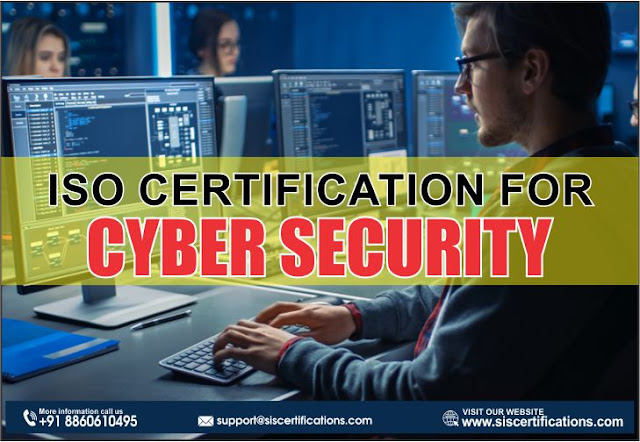What standard are applicable in electronics and telecommunication industries
As the world is closing in with the help of faster communication channels, the need for quality and trustworthy services are on high rise. This has triggered the requirement of standardization in services and implementation of such management systems that work towards continual improvement in order to cater the needs of this rapidly changing industry. ISO 9001, TL 9000, and ESD S20.20 are the basic requirements for any organization involved in the electronics and telecommunication sector. In addition to that, ISO 14001, ISO 45001, ISO 50001 certification, and ISO 27001 take care of the environmental interaction, occupational safety, energy consumption, and data privacy controls of these organizations respectively.
Let us understand each standard required for Electronics and telecommunication Industry in details:
ISO 9001:
ISO 9001 certification standard helps in implementing the quality management systems in an organization. It helps the organizations in adopting the best business practices in order to meet customer expectations and improve operational efficiency.
TL 9000:
This is an extension of ISO 9001 and is specifically applicable for electronics and telecommunication industries. TL 9000 establishes measurements within specific product categories and across them though its two-part telecommunications management system.
ESD S20.20:
ANSI/ESD S20.20 focuses on the maintenance of the electronic components that are present in the communications space. It helps in protecting the devices from harmful electrostatic discharges.
ISO 14001:
By implementing this ISO 14001 certification standard, the organization can ensure an effective environmental management of their activities. It enables the suppliers and manufacturers of the electronics and telecommunication units to produce environmentally sustainable components.
ISO 45001:
ISO 45001 certification standard ensures occupational health and safety of your workforce. It also makes you compliant with various labour laws of the land.
ISO 50001:
This gives a framework for establishing energy management systems in your organization and helps you in reducing the carbon footprint of your activities. If you have implemented ISO 50001 certification in your organization, then you already have the required framework for this.
ISO 27001:
Implementation of ISO 27001 certification standard enables you to protect the information stored within your organization from breach or loss. This helps you in ensuring your customers regarding their privacy protection.
It must be noted that the International Organization for Standardization does not certify, it just publishes the ISO standards. An external body performs the certification. SIS Certifications is one such body which has a reputation for being one of the best in the world. Our vast pool of auditors is recognized for their expertise in comprehensively auditing the compliance of your management systems against the required standards and awarding you with the certifications at the end. The smoothness in the process, our integrity, and our commitment to deadlines make us stand apart from other certification bodies.
We also provide ISO Certification in more than 40 countries.
ISO certification in Kuwait
ISO Certification in Saudi Arabia



Thanks for your valuable information; you have such great knowledge on these particular subject. It’s really helpful lot of searchers as me.
ReplyDeleteISO 14001 Certification in Morocco